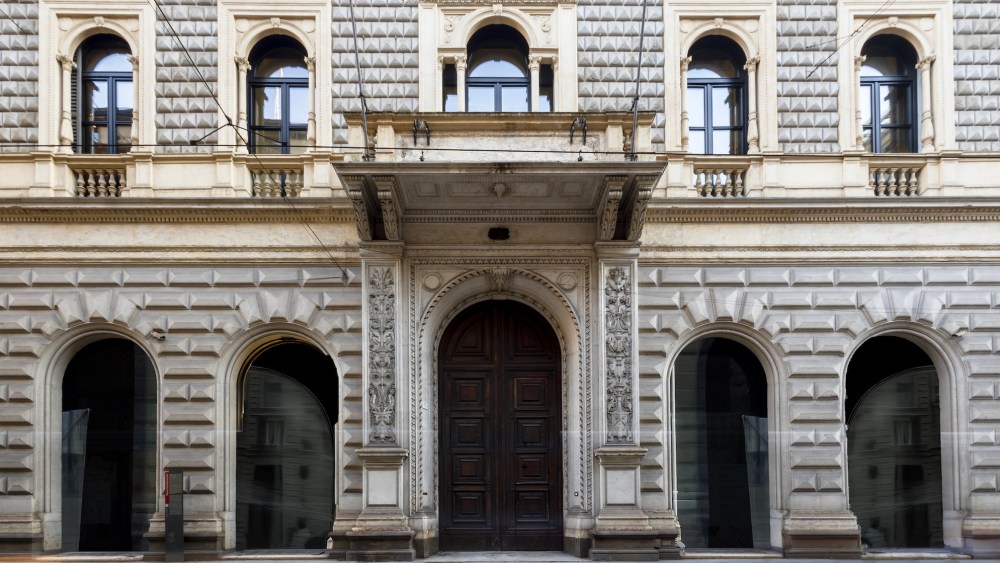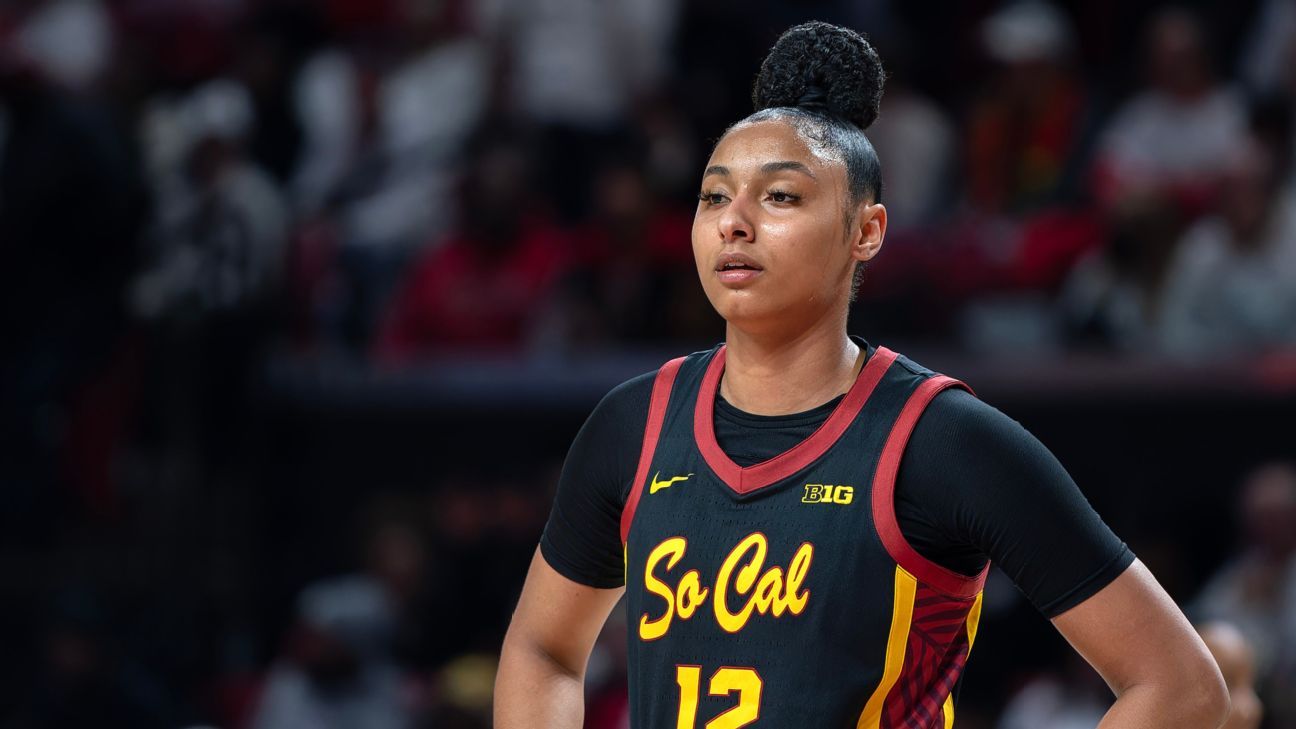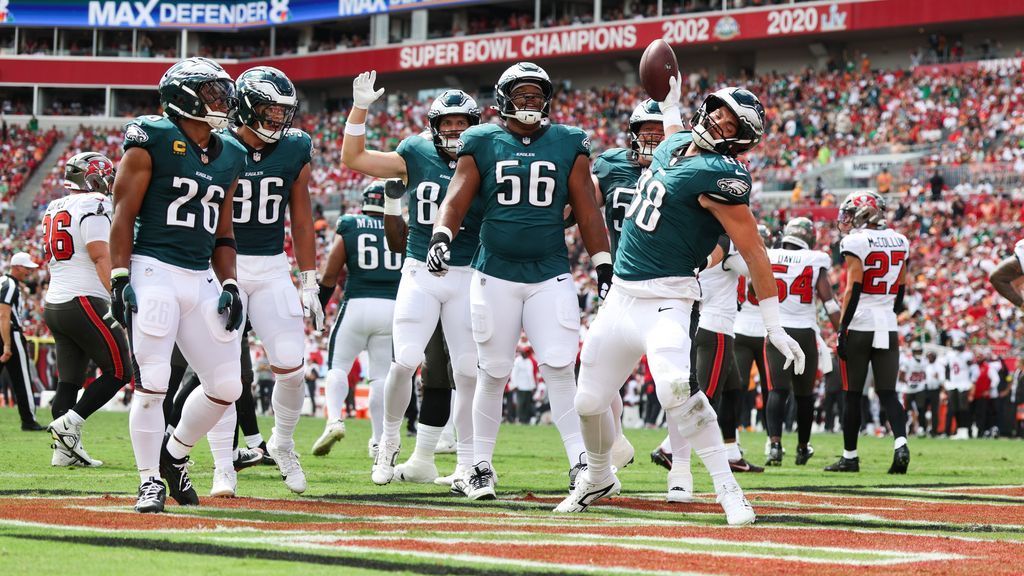
LONDON — Shein‘s interest in the U.K. goes far beyond its proposed listing on the London Stock Exchange and its efforts to support the nation’s circular economy for clothing.
It has also been investing in Manchester, the hub of British fast-fashion power players, with the launch of Musera, a six-month-old, trend-based subbrand that stands for “be a muse in your own era.”
Musera offers multiple weekly edits of items based on U.K.-focused fashion trends that Gemma Dunne, chief product officer at Musera, and her team identify as most relevant to fashion-loving, value-driven shoppers.
The creative, design and visual are predominantly executed in Manchester by a team of 30 people with an average age of 27. The manufacturing, shipping and customer care are all overseen by Shein in Guangzhou, China, and its nearby cities.
Musera represents less than 1 percent of Shein’s total revenue, but around 30 percent of Shein’s U.K. workforce.
Dunne, who came from Shein’s rival, the Debenhams-owned PrettyLittleThing, said during an interview that Musera will help the Chinese fashion e-tailer to move upmarket at a time when the de minimis tax advantage may soon disappear.
Last month, during her visit to Washington, D.C., Rachel Reeves, Britain’s Chancellor of the Exchequer, said she planned to take a fresh look at the controversial de minimis loophole that allows international companies to export goods valued at 135 pounds, or less, to Britain without paying import duties.
In response, Shein said it “welcomes the opportunity to work with policymakers and industry peers to review the current de minimis framework, and ensure a level playing field for all retailers.”
Shein has been preparing for a tougher duty regime, in the U.S. in particular. As reported, Shein and rival retailer Temu have already increased prices due to the pressure of mounting tariffs and the closure of the de minimis loophole in the U.S.
There is a silver lining, at least for Musera, whose product is already more expensive than Shein’s.
“The girls [workers in Manchester] are going to China every month, and they’re going and sourcing all of those things themselves,” said Dunne. “By doing that, we’ve been able to get a better understanding of what’s actually possible for Shein” going forward.
“What we’re trying to show is that [fast fashion] can still be affordable, wearable and considered. I believe that is a possibility. We’re being more considered around sourcing, and we’re doing the garment fit ourselves,” she said.
“We know if something needs more panels or it needs more darts in the back, so it’s got a more structured fit; we’ve got the experience here to be able to show the supplier what we want. And by doing that, we are getting the customer on board with our quality expectations, and we’re gaining the customer’s trust,” she added.
Musera has been growing so quickly that it’s even spawned a menswear line called Musero. Dunne said that returning customers wanted to shop for their partners as well, and believes the line has great potential.
Overall, Musera brings a strong brand element to what Dunne calls the “Ma-Shein.”
“When they onboarded me, it was to help them understand the U.K. market from a product perspective. But after a few months of being here, one thing I’ve identified is that we don’t have a strong brand presence,” she said.
“I started to pull my team together and thought about what we could do from a brand perspective, to build not just a community of customers, but a workforce community that understands the industry inside out,” Dunne added.
She believes Manchester offers an ideal talent pool for Musera. “All of the other brands that we would look at as competitors are here, meaning our team all had good experience and understood the industry inside out. Also, we don’t wear high-end goods. We can’t afford it. We are ingrained in the end customer. We have a team that is built by the customer itself,” she said.
That local knowledge, coupled with Shein’s supply chain agility, has been the magic bullet behind Musera’s growth.
“The other fast-fashion brands are not quick anymore, and demand has increased. Sourcing and manufacturing are all overseas. They’re bringing all of the goods into the U.K., which naturally takes three to four months. Here, the lead time is five to seven days, because the factories and the warehouse are located next to each other in China,” said Dunne.
Dunne believes that Musera also stands out because of the sheer volume of product it’s able to deliver.
“Musera is like PrettyLittleThing on steroids,” said Dunne, adding that if an item performs well, Musera can get it restocked within a week, and that order can go from 5,000 to 10,000 units. At PrettyLittleThing, however, that process takes three months, and the quantity won’t go above 300.
Top sellers from Musera include a pair of white linen relaxed-fit trousers priced at 12.99 pounds, which have sold more than 10,000 units, according to the site. There is also a cap-sleeve T-shirt for 6.99 pounds, and a pair of sequined low-rise trousers in baby blue for 34.49 pounds.
Musera’s collections are broken down into trend-led drops based on sales data from the previous calendar year; market intelligence from Shein, and the sales targets it aims to hit. Each week, Musera will launch one to three trend edits to maintain demand.
Musera works on an eight-week window for each drop, and certain items can be expedited if the team sees the potential of it going viral. Dunne argued that TikTok-addicted Gen Z consumers are looking for immediate availability and options for things they like.
“We’re in an industry now where social media forces us to move so quickly. What I’m doing is creating a safe space for my customers to come and shop easily. She can buy something that she can afford, with guidance on how to wear it. I know where my customer is, what money she’s got, where she’s going, and what she wants to be wearing to go into that place,” she added.
Dunne also likes the idea of surprising the customer.
“I think that’s where we create the point of difference from the rest of the business. When you’re constantly changing the behavior or the trends, she’s in awe. She thought: ‘Oh my god, I really trust the brand to tell me what to do, and to do it in the right way,’” said Dunne.
Her work is far from done.
User experience optimization is on Dunne’s to-do list this year. She wants to create a more fluid, aspirational, and simplified shopping experience with its own website so that the brand can start to capture new customers.
Next year, Dunne aims to take full control of profit and loss at Musera and build a healthy and engaging relationship with the wider British fashion industry.
Ultimately, she believes the Shein infrastructure can help and inspire young British design talents to have a different approach to doing business, and demystify the stigma around Chinese manufacturing.
The seasoned fast-fashion executive also believes that by showing good results to Shein senior management, the Musera model can be duplicated in different areas of the world for the group to appeal to a wider demographic, transcending age, gender and culture.
#Musera #Sheins #Upmarket #Experiment #U.K








